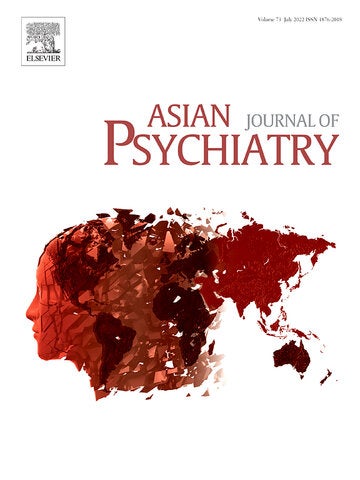Background
There is evidence that children in residential care institutions (RCI) have higher rates of psychological problems, suicide and criminal behaviour. There is only one study in Sri Lanka which has examined the psychological well-being of children in RCIs. Further evidence is needed to formulate policies related to the mental health of institutionalized children in the local context.
Methods
A cross sectional descriptive study was carried out in a selected RCI, in Colombo, Sri Lanka. All children (> 4 years) and adolescents who have been in the institution for more than 3 months were included. The caregiver rated version of the Strength and Difficulties Questionnaire (SDQ) was used to assess the extent of emotional and behavioural problems.
Results
The sample included 103 children and adolescents, between 5-17years. Majority (51.5%) were females. Mean age at entering care was 6.48 years. The mean score for externalizing problems was 6.72 (SD=3.702) and the mean score for internalizing problems was 4.12 (SD=2.312). Peer problems (23.4 %) and conduct problems (21.5 %) were the commonest problems encountered. Only 40 % of the children having clinically significant levels of problems were in contact with mental health services.
Conclusion
A quarter of the participants had elevated levels of emotional and behavioural problems. Routine screening programmes should be carried out at regular intervals in the RCI’s for early detection of children with psychological problems in institutionalized children.

